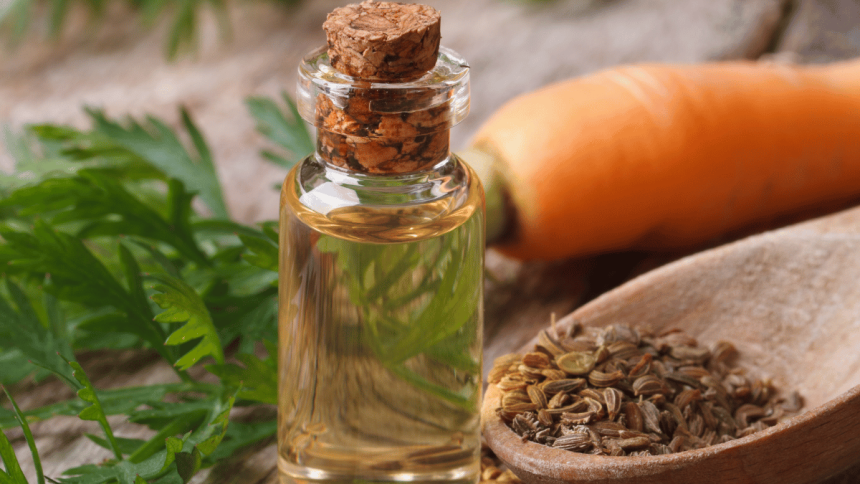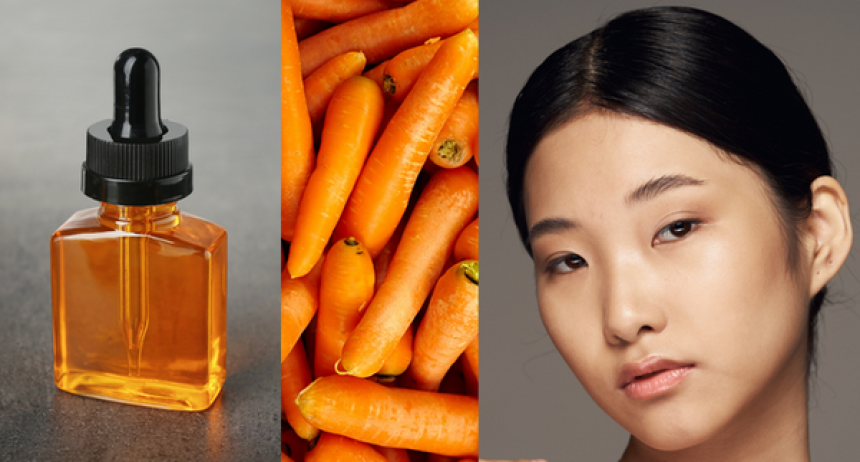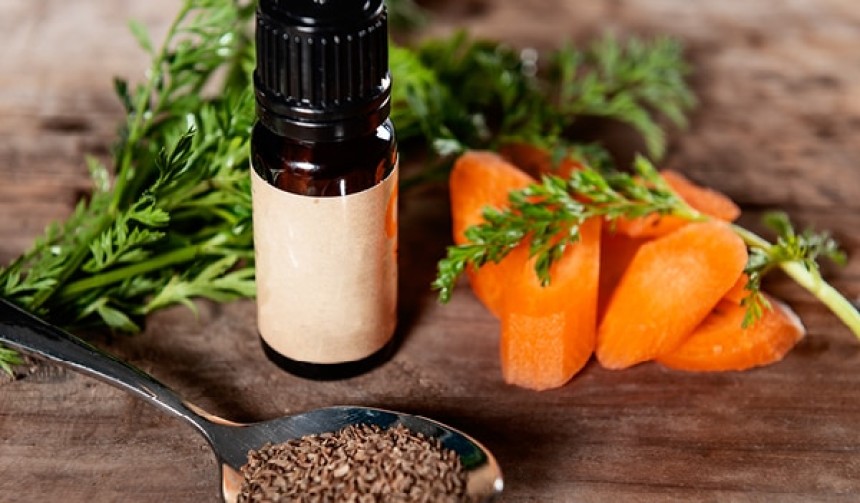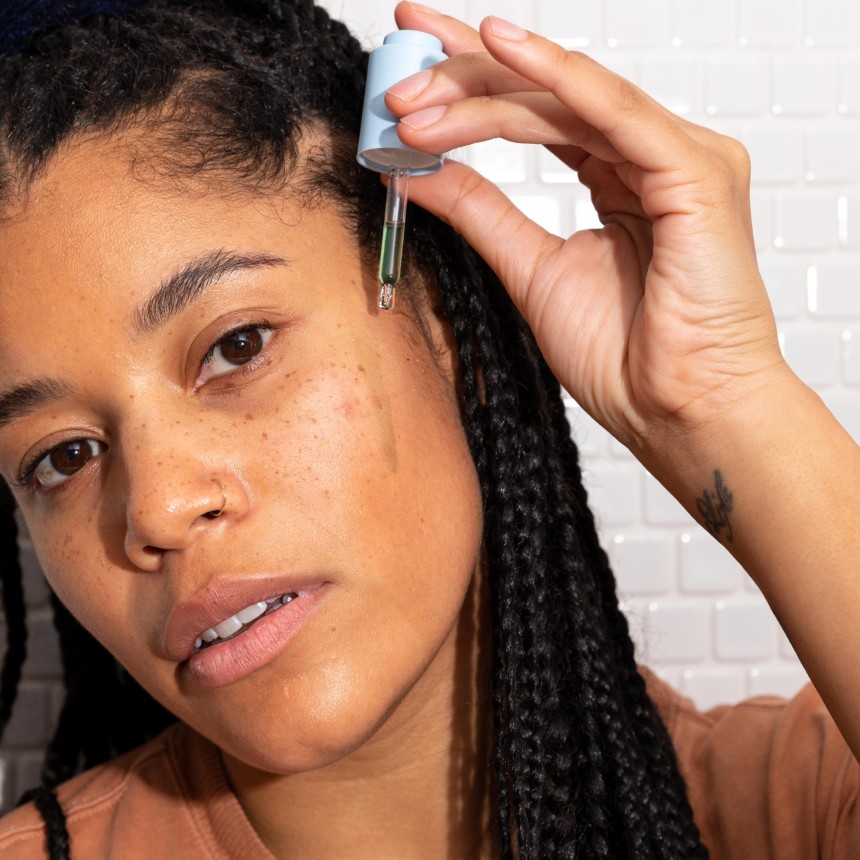
The Glowy Truth About Carrot Seed Oil: Why Your Skincare Routine Should Include This Earthy Elixir
Carrots are known to be a nutritional powerhouse since they are full of beta-carotene and other nutrients. However, this modest root is more complex than it first appears. Presenting carrot seed oil, a golden-hued underdog in the skincare industry that is subtly becoming a cult favorite among insiders.
Carrot seed oil is more than just mashed carrots in a bottle, despite its earthy moniker. Extracted from the tiny seeds of Queen Anne's lace, often known as wild carrot, it has a wealth of skin-benefiting qualities that seem almost too wonderful to be true, including anti-wrinkle, anti-acne, anti-UV, and even anti-eczema capabilities. However, what is true and what is merely Instagram jargon? Let us take it off.
To begin with, carrot oil and carrot seed oil are not interchangeable. It is a simple mistake.
The dried seeds of the wild carrot plant are used to make carrot seed oil through steam distillation.

It is valued for its anti-inflammatory and restorative qualities and is high in antioxidants, including carotol.
In contrast, grated carrots are usually infused into a carrier oil (such as olive or sunflower) to create carrot oil. Although it is rich in nutrients and excellent for moisturizing, it is not as strong or complex as the version generated from seeds.
Anti-Aging: A Light Prod for Weary Skin
The high antioxidant content of carrot seed oil has earned it the moniker "natural retinol alternative," not because it includes retinoids. These antioxidants aid in the defense against free radicals, those bothersome little molecules that hasten the aging process of the skin. When applied regularly, this oil may help impart a certain lit-from-within brightness and lessen the appearance of fine wrinkles. Instead of "filter," think "well-rested."
Inflammation and Acne: A Juggling Act
Carrot seed oil works gently without being abrasive. Without drying out the skin, its antibacterial and antifungal qualities may help reduce acne and balance oil production. Gentle, grounded, and uninterested in overcorrecting, this could be a game-changer for sensitive skin types who are prone to flare-ups.
Psoriasis, Eczema, and Blemishes: Relief at the Root Level

Carrot seed oil, which is high in beta-carotene and vitamin E, provides a calming balm for skin irritation. Over time, its anti-inflammatory qualities can help lessen redness and enhance skin texture, but it is not a panacea. Additionally, it absorbs smoothly, as if your skin has been hankering after it, in contrast to certain heavier oils.
Natural Defense Against UV Rays? Not a Perfect Substitute for SPF
The idea that carrot seed oil offers natural sun protection is among the more contentious ones. Although it has antioxidants that help shield the skin from environmental stresses, broad-spectrum sunscreen is still necessary. Although some research has indicated that carrot seed oil may have some minor UV-blocking properties, using it exclusively is not a safe practice in the sun. Do not use it as a barrier; use it as a boost.
Using It: A Couple Drops Make a Big Difference
Treat this oil as you would a concentration because it is a powerful oil. Add a few drops to your evening moisturizer or combine them with your preferred carrier oil (such as rosehip or jojoba). If you are into custom blends, its powerful, earthy scent—which is halfway between herb garden and forest floor—goes nicely with citrus or floral oils.
Although carrot seed oil may not be as well-known as vitamin C or hyaluronic acid, it is subtly establishing itself as an essential component of a well-considered skincare line. It is the kind of substance that whispers outcomes rather than shouting them.
Therefore, this root-derived cure can be the golden drop your skin has been longing for if you are looking to add something new to your skincare regimen.





